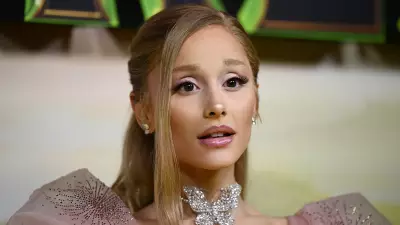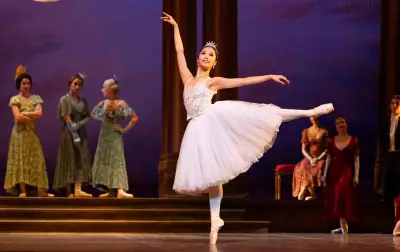
In a move that's set linguistics circles abuzz, Dictionary.com has announced its 2025 Word of the Year, sparking immediate controversy across Australia and beyond. The selection has left many Australians scratching their heads and asking one fundamental question: is this even a real word?
The Digital Lexicon's Bold Choice
Dictionary.com, one of the world's most trusted online reference sources, has made a conscious decision to reflect the rapidly changing nature of digital communication. Their 2025 pick represents how technology and social media are reshaping our vocabulary at an unprecedented pace.
The chosen word emerged from digital spaces, gaining traction through social media platforms, messaging apps, and online communities before catching the attention of lexicographers. This pattern mirrors how many contemporary words enter mainstream usage in the Australian linguistic landscape.
Australian Linguists Weigh In
Language experts across Australia have expressed mixed reactions to the selection. Some applaud Dictionary.com for acknowledging the organic evolution of English, while others question whether the choice undermines linguistic standards.
Dr. Sarah Chen, linguistics professor at the University of Melbourne, notes: "What makes a word 'real' has always been contentious. Historically, words gained legitimacy through printed literature and formal publications. Today, digital platforms serve as the primary breeding ground for new vocabulary, especially among younger Australians."
The Criteria Behind the Controversy
Dictionary.com's selection process considers several key factors:
- Sustained increase in search traffic and user lookups
- Significant presence across multiple digital platforms
- Reflection of broader cultural trends and conversations
- Demonstrated staying power beyond temporary viral moments
The 2025 winner met all these criteria, showing remarkable growth in Australian searches and becoming embedded in online discussions across the country.
What This Means for Australian English
This controversy highlights the ongoing tension between prescriptive and descriptive approaches to language in Australia. While some Australians prefer maintaining traditional standards, others embrace the dynamic, evolving nature of English as it adapts to new technologies and social contexts.
The debate extends beyond academic circles, with everyday Australians taking to social media to voice their opinions. Many question whether dictionary recognition should follow or lead language acceptance, while others celebrate the inclusive approach to linguistic evolution.
As digital communication continues to transform how Australians speak and write, this year's Word of the Year serves as a powerful reminder that language remains a living, breathing entity – constantly adapting to reflect our changing world.





